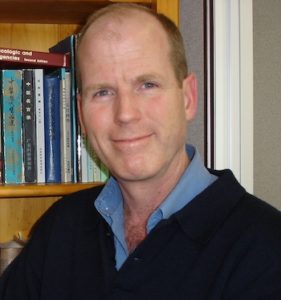It’s not uncommon for children of doctors to also become doctors. Sometimes there will be a string of docs that run for a number of generations. Which can be a good thing as you can learn at lot at your grandparents knee.
In today’s conversation we talk about a lineage of practice that goes not just a few generations, but a handful of centuries.
Zhejiang province is well known for its fu ke, gynecological doctors. There are actually several streams of doctors that have attended to women’s health over the centuries. Listen in to this conversation on women’s health and pick up a few easy to employ in your clinic tips for making your herbal prescriptions both more effective and tasty as well.
In This Conversation We Discuss:
- Engaging the study of medicine right after the Cultural Revolution
- The relationship with his teacher did not start out so smoothly
- It’s not just the Song family that is famous for their gynecological tradition, Zhe Jiang province has other lineages just as deep, rich and useful
- Using Mai Ya for lumps and cysts
- Differences in prescribing between north and south
- “Selling” your patients on the herbs
- The vital importance of the uterine lining in fertility cases
- Key things to attend to with the uterine lining
- You can’t assume you know what the patient is talking about, you have to track it down
- Clavey’s way of interviewing
- How to get a patient to prioritize their issues
- What does the patient actually feel?
- The problem with “evidence based” medicine
- Role of placebo in clinic is different than in research
- Fluid physiology and pathology in Chinese medicine
- Treating dampness when there is yin deficiency
- Influence of communism on Chinese medicine
One thing I’ve found to be crucial in a gyne practice, whether dealing with infertility, endometriosis, heavy periods or even vaginal discharge: the core pathology at the root of all of these could be blood stasis. This is particularly the case since Western doctors tend to wave away all reports of clotting with “Oh, don’t worry, that’s perfectly normal.” Well, no. They have never examined that assumption, and the damage and distress that simple mistake has caused for women is incalculable.
 Steve Clavey, L.Ac
Steve Clavey, L.Ac
Classical Prescriptions, Classically Prepared
Links and Resources
Visit Steve’s website
Steve is a motive force behind The Lantern. The staff at Qiological always rejoice when this shows up in the mailbox.
Join the discussion!
Leave a comment on Qiological’s Facebook page.
